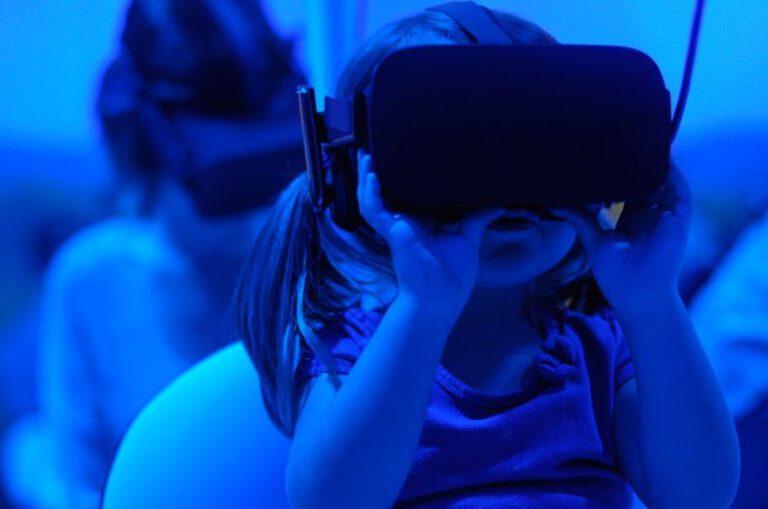The Role of Artificial Intelligence in Shaping Virtual Worlds
In the ever-evolving landscape of technology, artificial intelligence (AI) has emerged as a powerful force shaping virtual worlds. From video games to virtual reality simulations, AI plays a crucial role in creating immersive and dynamic digital environments. This article explores the impact of AI on virtual worlds and how it is revolutionizing the way we interact with digital spaces.
Enhancing User Experience
One of the key roles of artificial intelligence in shaping virtual worlds is enhancing the user experience. AI algorithms are designed to analyze user behavior and preferences, allowing virtual worlds to adapt and respond in real-time. This personalized experience creates a more engaging and interactive environment for users, making them feel more connected to the virtual world.
AI-powered virtual assistants, such as chatbots and NPCs (non-player characters), provide users with guidance, support, and entertainment within virtual worlds. These intelligent agents can understand natural language, anticipate user needs, and offer relevant information or services. By simulating human-like interactions, AI enhances the overall user experience and makes virtual worlds feel more lifelike and dynamic.
Creating Dynamic Environments
Artificial intelligence enables virtual worlds to create dynamic and responsive environments that evolve based on user interactions. AI algorithms can generate procedural content, such as landscapes, buildings, and characters, in real-time, making each user’s experience unique and unpredictable. This dynamic environment keeps users engaged and encourages exploration and discovery within virtual worlds.
AI-powered NPCs can exhibit complex behaviors and emotions, reacting to user actions and decisions in a realistic manner. This not only adds depth to the virtual world but also creates more challenging and immersive gameplay experiences. By simulating human-like intelligence, AI enhances the storytelling and gameplay dynamics of virtual worlds, making them more compelling and captivating for users.
Enhancing Social Interactions
Artificial intelligence plays a crucial role in enhancing social interactions within virtual worlds. AI-powered avatars can simulate human-like emotions, gestures, and expressions, creating a more realistic and engaging social experience for users. These intelligent avatars can engage in conversations, form relationships, and collaborate with users, making virtual worlds feel more social and interactive.
AI algorithms can also analyze user behavior and social dynamics within virtual worlds, enabling developers to create more inclusive and diverse environments. By understanding user preferences and interactions, AI can facilitate matchmaking, group formation, and social events within virtual worlds, fostering a sense of community and belonging among users. This social intelligence enhances the social aspect of virtual worlds, making them more vibrant and dynamic spaces for social interaction.
Empowering Creativity and Innovation
Artificial intelligence empowers creators and developers to push the boundaries of creativity and innovation in virtual worlds. AI algorithms can assist in procedural generation, character animation, world building, and other creative tasks, enabling developers to rapidly prototype and iterate on their ideas. By automating repetitive tasks and providing intelligent tools, AI frees up creators to focus on storytelling, design, and innovation.
AI-powered tools, such as generative adversarial networks (GANs) and neural networks, can generate realistic textures, animations, and environments, enhancing the visual fidelity and immersion of virtual worlds. These AI-driven tools enable creators to bring their visions to life with unprecedented realism and detail, creating visually stunning and immersive virtual experiences. By leveraging AI, creators can explore new creative possibilities and push the boundaries of what is possible in virtual worlds.
In Conclusion: The Future of Virtual Worlds
As artificial intelligence continues to advance, its role in shaping virtual worlds will only grow in importance. From enhancing user experiences to creating dynamic environments, empowering social interactions, and fostering creativity and innovation, AI is revolutionizing the way we interact with and experience virtual worlds. As technology continues to evolve, we can expect AI to play an increasingly vital role in shaping the future of virtual worlds, creating new possibilities and opportunities for creators, developers, and users alike.






